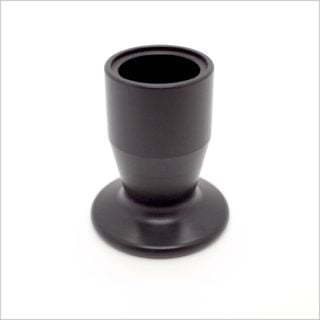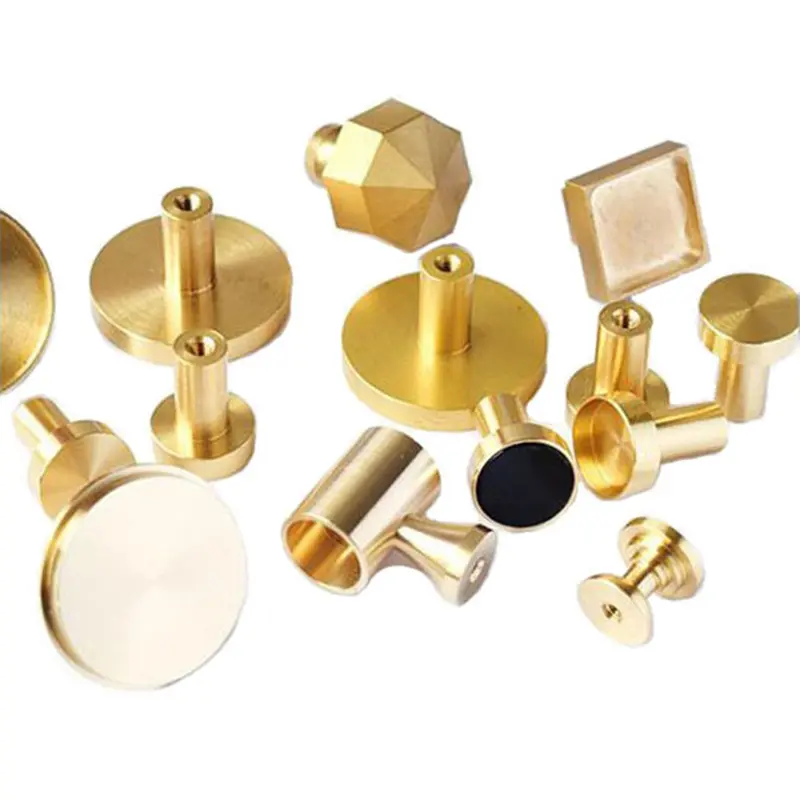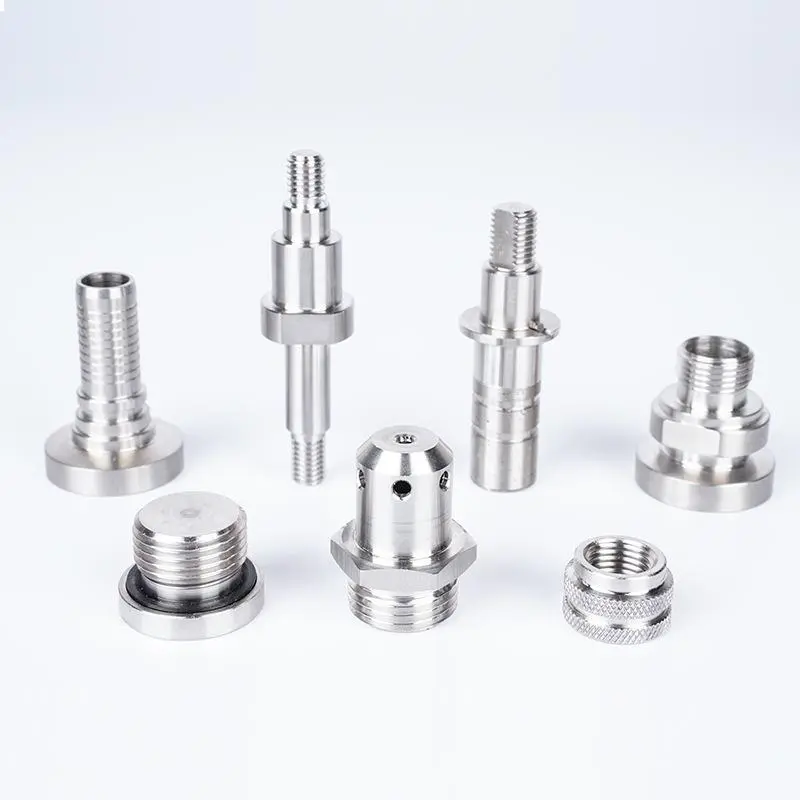Understanding Machined Parts: The Backbone of Manufacturing
Published Time:
2025-09-04
Machined parts are fundamental components in the manufacturing sector, playing a critical role in the assembly of machinery and equipment. These parts are created through a process called machining, which involves removing material from a workpiece to achieve desired dimensions and surface finishes. The precision and accuracy achieved through this process make machined parts indispensable in various industries, including aerospace, automotive, and industrial machinery.
One of the primary methods of producing machined parts is CNC (Computer Numerical Control) machining. This technology utilizes computer software to control machine tools, which allows for high levels of precision and repeatability. CNC machining can create intricate designs and shapes that are often impossible to achieve with traditional machining methods. This capability is particularly vital in industries where tolerances are tight and specifications are stringent.
Another essential aspect of machined parts is their material composition. Common materials used in the machining process include metals such as aluminum, steel, and titanium, as well as plastics and composites. Each material offers unique properties that can be leveraged based on the application requirements. For example, titanium is known for its high strength-to-weight ratio, making it an excellent choice for aerospace components, while aluminum is favored for its lightweight and corrosion-resistant properties.
In addition to CNC machining, other techniques like turning, milling, and drilling are commonly employed in the production of machined parts. Turning is a process that involves rotating the workpiece against cutting tools to shape it, while milling utilizes rotating cutters to remove material from the surface. Drilling, on the other hand, creates holes in the workpiece and is often used in conjunction with other machining processes.
One of the significant advantages of using machined parts is the ability to achieve high precision and repeatability. This is crucial in applications where even the slightest variation can lead to failures or inefficiencies. Furthermore, the customization possibilities offered by machining allow manufacturers to produce parts that fit specific designs and functions, enhancing the overall performance of the final product.
Overall, machined parts are a cornerstone of modern manufacturing processes. Their importance cannot be overstated, as they contribute to the functionality, reliability, and efficiency of machinery across various sectors. As technology continues to advance, the role of machined parts will likely expand, further enhancing their relevance in the ever-evolving landscape of manufacturing. Understanding the intricacies of these components and the processes involved in their creation can empower professionals to make informed decisions and optimize their manufacturing operations.
NewsCenter
Beijing Pafinal Precision Machinery Co., Ltd.
Email:sales@pafinal.com

Address: No. 239 Huanhe South Road, Tianjin Pilot Free Trade Zone (Airport Economic Zone), Tianjin
sales@pafinal.com:
Whatsapp:
在线客服添加返回顶部
图片alt标题设置: PAFINAL
表单验证提示文本: Content cannot be empty!
循环体没有内容时: Sorry,no matching items were found.
CSS / JS 文件放置地




 2025-10-03
2025-10-03

